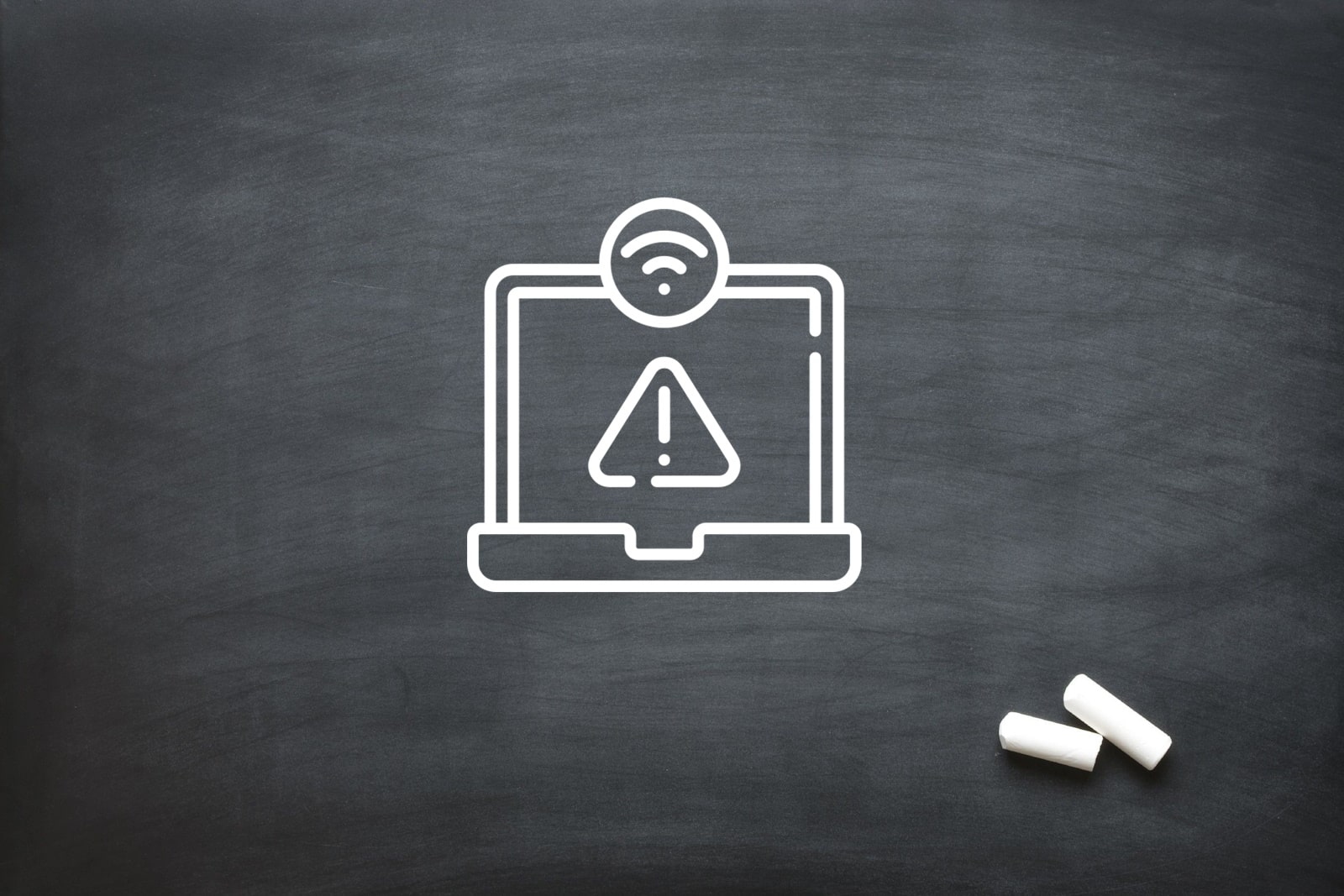
9 Offline Learning Essentials for LMS
Access to education in South Africa is often challenged by inconsistent internet connectivity, particularly in rural and underserved areas. Learning management systems in South Africa that incorporate offline functionality are becoming increasingly vital. These systems ensure learners can continue their education uninterrupted, regardless of network limitations. By leveraging advanced technologies and strategies, these platforms provide flexible, inclusive, and reliable access to educational content across diverse environments.
Offline capabilities not only support continuity in learning but also enhance engagement, accommodate mobile learners, and help institutions deliver scalable educational solutions. Organisations, educational institutions, and government initiatives are recognising the necessity of robust offline learning strategies to bridge the digital divide and support learners in low-connectivity regions.
1. Local Content Caching
Local content caching enables learners to download entire courses, videos, quizzes, and study materials directly onto their devices. This ensures that learners can access all necessary educational content without relying on a live internet connection. Local caching is particularly beneficial for students who have intermittent access to Wi-Fi or rely on limited mobile data, allowing them to maintain consistent study routines.
By storing content locally, learners can engage with interactive lessons, watch educational videos, and complete assignments at their own pace. Once the device reconnects to the internet, all activity, including completed modules and quiz responses, can automatically synchronise with the central LMS. This strategy is crucial for learning management systems in South Africa, where students often face connectivity challenges in remote and rural locations.
2. Offline Assessment and Progress Tracking
Offline assessment allows learners to complete tests, quizzes, and assignments even without internet access. This feature ensures that students in low-connectivity areas can continue their academic progress without interruption. Responses are stored locally and uploaded automatically when the device reconnects to the network.
Progress tracking integrated with offline assessments provides educators with real-time insights once synchronisation occurs. This means that instructors can monitor learning achievements, engagement patterns, and comprehension levels accurately, despite offline study periods. For learning management systems in South Africa, this approach guarantees continuity in assessment and supports fair evaluation for all learners.
3. Downloadable Resources
Providing downloadable resources, such as PDFs, e-books, multimedia content, and lecture notes, empowers learners to prepare and study offline. These resources allow students to access content ahead of time, ensuring that connectivity constraints do not hinder educational engagement.
Downloading content in advance also promotes self-directed learning. Students can revisit lessons, take notes, and review materials multiple times without using mobile data. Learning management systems in South Africa benefit significantly from this feature, as it ensures equal access to high-quality educational materials for learners in areas with limited connectivity.
4. Mobile App Support
Mobile applications designed for offline functionality provide flexible learning opportunities for students and professionals alike. These apps allow users to download lessons, participate in discussions, and submit assignments from smartphones or tablets without needing constant internet access.
The portability of mobile apps enables learners to continue studying during commutes, breaks, or times when internet access is unavailable. Learning management systems in South Africa leverage this flexibility to reach a wider audience, including learners in remote communities and employees in corporate training programmes.
5. Data Synchronisation
Data synchronisation is essential for ensuring that offline activity is accurately reflected in the LMS once connectivity is restored. Activities such as completed lessons, quiz results, and assignment submissions are stored locally and uploaded automatically when a connection is available.
Robust synchronisation ensures that no data is lost and that educators and administrators can access updated learner records promptly. For learning management systems in South Africa, reliable synchronisation enhances administrative efficiency, maintains academic integrity, and ensures learners’ efforts are fully recognised regardless of connectivity interruptions.
6. Adaptive Content Delivery
Adaptive content delivery optimises educational materials for areas with limited bandwidth. This includes compressing videos, providing low-resolution versions, and using text-based or interactive alternatives to large multimedia files.
By adjusting content to the learner’s available network, institutions can ensure that education remains accessible and engaging, even under constrained conditions. Learning management systems in South Africa that use adaptive delivery provide learners with a smooth experience while minimising data usage, making offline study practical and effective.
7. Peer-to-Peer Sharing
Peer-to-peer (P2P) sharing allows learners to exchange study materials directly with one another without an internet connection. Using technologies such as Bluetooth or local Wi-Fi networks, students can share notes, videos, and assignments, fostering collaboration and community learning.
P2P sharing also reduces the dependency on central servers and enhances content accessibility in regions where internet coverage is sparse. Learning management systems in South Africa benefit from P2P mechanisms by promoting cooperative learning and maximising resource utilisation among learners.
8. Progressive Web Apps (PWAs)
Progressive Web Apps combine web and mobile application advantages, allowing LMS platforms to operate offline through browser caching and service workers. Learners can access lessons, complete quizzes, and submit assignments directly through a web browser, even without a network connection.
PWAs are lightweight, require no installation, and ensure that educational platforms remain functional regardless of connectivity. For learning management systems in South Africa, PWAs provide a reliable, accessible solution to overcome infrastructural limitations, allowing continuous and inclusive learning opportunities.
9. Supporting Inclusive Education with Offline LMS Features
Implementing offline functionalities in learning management systems in South Africa is not only a technical necessity but also a step towards educational inclusivity. Offline features ensure that learners from all socioeconomic backgrounds can engage with quality education and complete curricula without interruption.
By combining caching, adaptive delivery, mobile support, P2P sharing, and progressive web app functionality, institutions can provide equitable access to knowledge. These strategies collectively bridge the digital divide and promote a culture of continuous learning, even in the most connectivity-challenged areas.
At Oliver Karstel Creative Agency, we specialise in creating learning management systems in South Africa that prioritise offline functionality, inclusivity, and flexibility. Contact us today to explore how we can help design an LMS that meets the unique needs of your learners and ensures uninterrupted education in any environment.






